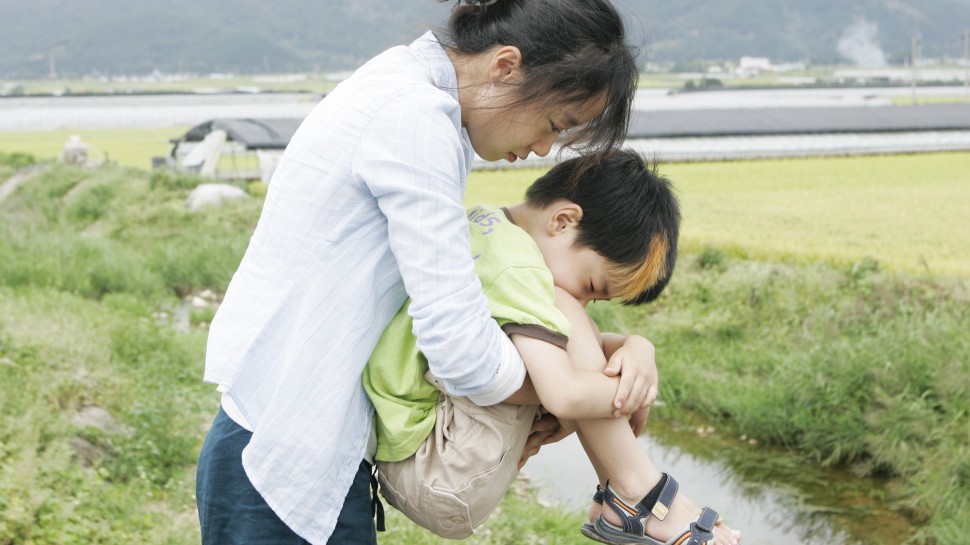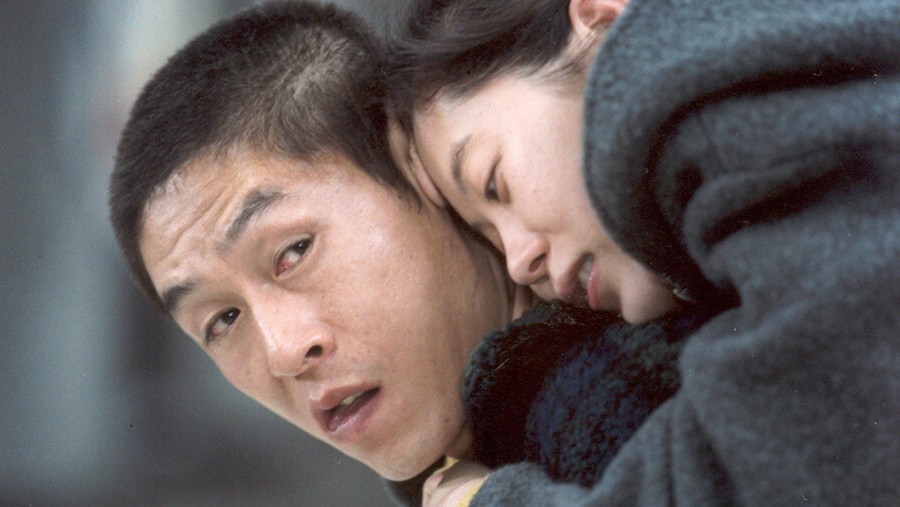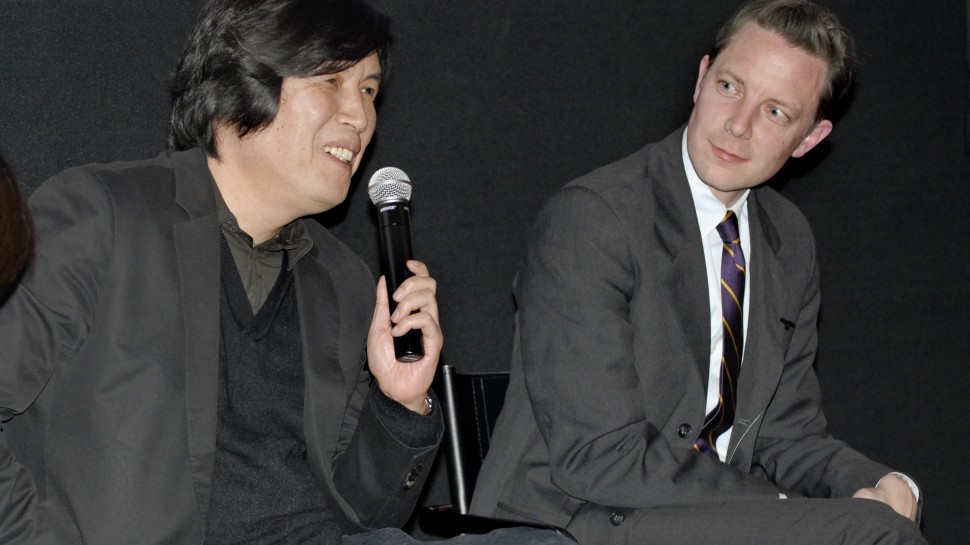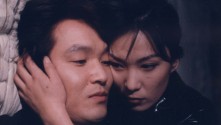


A Rough Transcendence: The Films of Lee Chang-dong
Korean cinema has recently seen a renaissance at all levels of filmmaking, from the popular to the experimental. While gonzo filmmakers like Kim Ki-duk (The Island, Samaritan Girl) and Park Chan-wook (Oldboy, Lady Vengeance) have gotten a lot of attention with their violent thrillers, and Hong Sang-soo wins converts by making sophisticated examinations of relations between the sexes that owe a certain amount to French cinema, Lee Chang-dong (b. 1954) continues in a direction pioneered by such celebrated directors as Im Kwon-taek and Park Kwang-su, that of a thoughtful cinema devoted to examining social and historical problems as they intersect with the lives of particular individuals, realistically presented. At the same time, Lee ups the ante from his predecessors by focusing on ambiguous protagonists caught in dire situations.
Lee began his career as a novelist. His first filmmaking experience came when he worked on two acclaimed films directed by Park Kwang-su: as a co-writer on To the Starry Island (1993) and as sole screenwriter on A Single Spark (1995). Lee set aside his filmmaking career in 2003 and 2004 to accept the post of Minister of Culture under President Roh Moo-hyun. Although the films he’s directed remain little-seen in this country, Lee is recognized internationally as one of the leading East Asian filmmakers of his generation. Secret Sunshine and Oasis are Lee’s best-known films and are justly celebrated as moving portraits of the fragility of human relationships and faith today. However, Lee’s first two films are just as remarkable with their emphasis on the human costs in South Korea‘s struggle from authoritarianism towards unbridled capitalism.
What is remarkable about Lee Chang-dong’s films is their ability to be both intelligent and emotionally affecting while only skirting the kind of melodrama so prevalent in Korean cinema. Much has been made of Lee as a sort of latter-day Bresson, but for all that his films take up questions of suffering and redemption, they remain rooted in the here-and-now of contemporary Korea.












